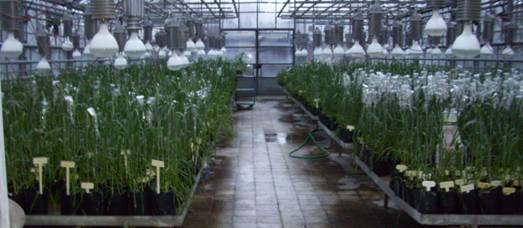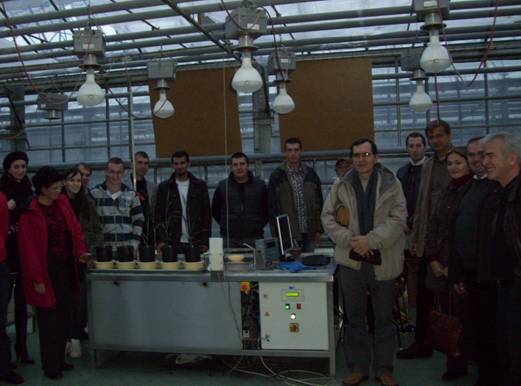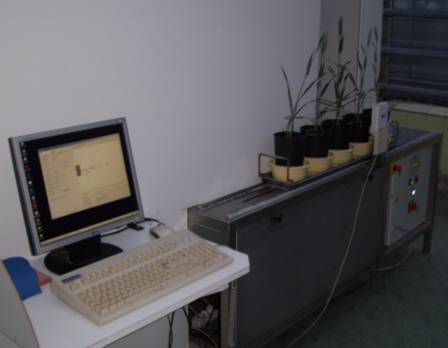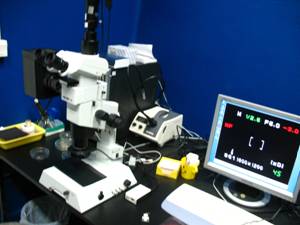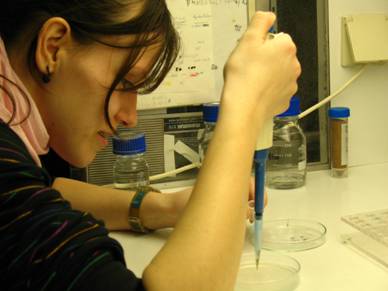
|
Lecturers & Trainers The interested participants will take part in Student Research Branch all over the year period. The divided structure of the researches and “seminars” will help to develop good skills and build up frequent communication among them and other participants. The regular interaction among students, researchers and abroad visitors and collaborators that Research Department of “Genetic Resources Cytogenetics and Molecular Analysis” hopes to stimulate will enhance co-operation among the Romanian Universities, transborder Universities and research departments and other EU nations. The topics of the seminars are divided in 2 branches: Molecular and Cytogenetics. The practical activity held during one semester for each of subjects are successful and fruitful for the “students” to understand the landraces’s variability and chromosomes structure, behaviour and recombination (For More details about out university you should visit our website: www.usab-tm.ro. School about methods which can be applied for monitoring stress induced effects in plants with special emphasis wheat, for scientists and students. All topics are covered by theoretical lectures and practical demonstrations of the instruments. The lectures attended by all participants, while the demonstrations involved groups of 5-7 people. TOPICS:
Training activity in glass house (2010. October).
The Romanian students group involved in training organized by BRC Szeged.
Practical work on BRC Szeged. Phenotyping of plants by digital photographic imaging Postgradual training in the framework of the International Training Course of BRC (for few persons).
Subjects followed by students The mechanism of leaf rust in wheat by using imaging techniques. The Hungarian scientists have developed a complex plant stress diagnostic system for greenhouse appliacations via cooperation of BRC and CRI, which can be applied for wheat plants.
Training Activities
|
